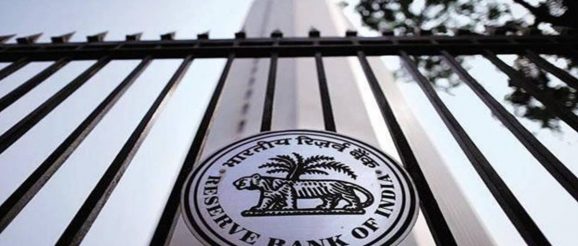Accuracy should take precedence before innovation in data forecasting: RBI Governor Shaktikanta Das

At the time when newer and more sophisticated methods of statistical and data forecasting are evolving, there is a need to verify the accuracy of such techniques before relying on them to make conclusions, the Reserve Bank of India (RBI) Governor Shaktikanta Das said at an event. Major shifts in the economic conditions such as the pandemic cause a structural break in the statistical models, he said, adding that new solutions were proposed to make adjustments caused due to the disruptions.
In the Covid induced pandemic, various health-related action plans were decided based on the data made available based on age, geography and time. However, data collection was severely hampered where data collection was done by traditional face-to-face interviews. During the pandemic, the Ministry of Statistics and Programme Implementation (Mospi) had to publish imputed figures for consumer price index (CPI) for two consecutive months due to difficulties in collection of prices for many items, Das said.
As the need for official data was felt more sharply during the pandemic, statisticians shifted towards newer sources of data and new statistical methods, Das said. He was speaking at the Statistics Day Conference. India being a diverse country needs to aim at solutions aimed at maintaining the granularity and regularity of the data, he said, adding that the RBI should consider alternate data sources.
“The experience of the last two years has made us mindful of the data gaps that remain, though ensuring standardisation of methodologies in the compilation of various national aggregates have stood us in good stead,” he said.
The data explosion and data monetisation has led to investments in big data by businesses to predict consumer behavior.
“Amidst this inundation of data and inferences, it is important that peculiarities and nonconformities are subjected to robust statistical analysis and peer review before deriving conclusions,” Das said.
The climate-related risk analysis is proving to be a challenge as of now on account of lack of data. The new phase of the G20 data gaps initiative project mainly focuses on plugging the lack of data on climate change along with household distributional information, fintech, financial inclusion and increased access to private and administrative data and data sharing. In addition, other forms of indices such as human development indices, happiness indices and inequality indices are now compiled by various national and international agencies.
“While new data sources open up opportunities for official statistics, it also raises issues for the discipline. Development of proper data quality framework and ensuring data privacy and data security has assumed top priority,” Das said.
